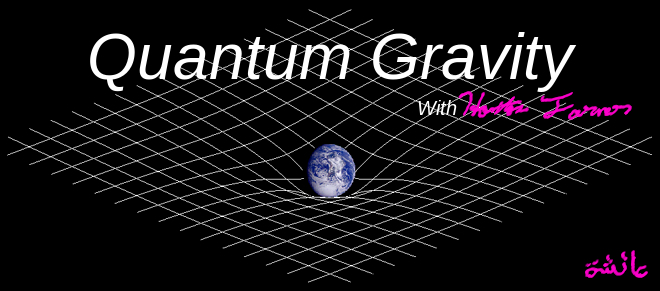They say that it is a recipe for disaster to blog about science.(Melodramatic much?) Giving Nuclear weapons to politicians and generals was a recipe for disaster. Science blogging is at worst a recipe for mild annoyance, at best it is a level playing field where ones social advantages are rendered irrelevant by the equality of typeface.
Here is what they said as published on the web by the Guardian. Quoted verbatim from ( http://www.guardian.co.uk/science/2011/oct/23/brian-cox-jeff-forshaw-answers)
How do you feel about scientists who blog their research rather than waiting topublish their final results?
Stephen Marks via email
BC: The peer review process works and I'm an enormous supporter of it. If you try to circumvent the process, that's a recipe for disaster. Often, it's based on a suspicion of the scientific community and the scientific method. They often see themselves as the hero outside of science, cutting through the jungle of bureaucracy. That's nonsense: science is a very open pursuit, but peer reviewis there to ensure some kind of minimal standard of professionalism.
JF: I think it's unfair for people to blog. People have over stepped the mark and leaked results, and that's just not fair on their collaborators who are working to get the result into a publishable form.
Really though.
A person who gives handwaving and sometimes misleading explanations on TV is criticizing anyone here. Hmph
Unlike TV and books we bloggers subject ourselves to the most stringent peer review, the review of the masses.
The work that is blogged about, from things as grandiose as the results from CERN’s OPERA, to my last paper are raked over the coals here and well roasted. As another blog pointed out in certain fields this is the norm. Papers are often published on ARxiV and nowhere else. By the time such works make it to peer review they are old news. Those papers are old news and have either shown their worth or lack of worth. The peer reviewed publication is then just a formality that many now dispense with.
Anyone who wants to can ask me or any other blogger a question and try to prove me wrong about anything in an uncontrolled and open environment. There is no power relationship here where I can refuse a valid and on topic question (I do delete things that are unrelated and spammy). There is no power relationship where a person’s letters, position or title can shield them from a cutting rebuttal. I talk to professors just as I talk to anyone, that irritates some who expect subservience.
The Blogs of any scientist here, in particular Tommaso Dorigo, who I can’thelp but think Forshaw had in mind with his little…remark are an infinitely bettersource than any TV presentation.




Comments